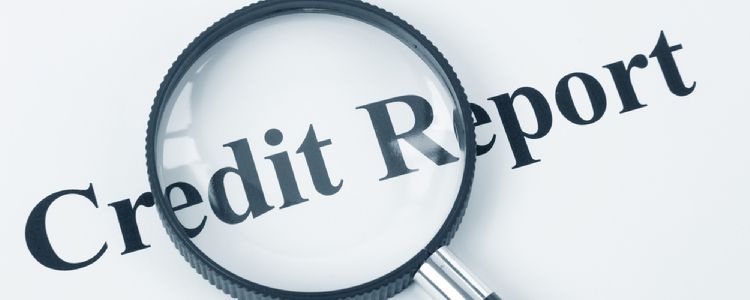Your credit score and your credit reports go hand in hand, but they aren’t the same thing – by a long shot! We’re here to cover how your credit reports determine your credit score, and what influences your creditworthiness.
Your Credit Reports Determine Your Credit Score
 There are three major credit reporting agencies: TransUnion, Equifax, and Experian. Each generates a credit report for every person who has or is using credit in the United States. Each of their reports includes information on your past and current credit accounts, as well as some personal information.
There are three major credit reporting agencies: TransUnion, Equifax, and Experian. Each generates a credit report for every person who has or is using credit in the United States. Each of their reports includes information on your past and current credit accounts, as well as some personal information.
All three of the credit bureaus may not report the same information, so it's important that you know what each report shows. Luckily, it's easy to request your credit reports. All you have to do is visit the federally-authorized website www.annualcreditreport.com. Here, you can request a free copy of your credit report from each credit bureau once every 12 months.
The information in your credit reports is used to generate your credit score, but there are many different credit scoring models. The credit agencies calculate your credit score based on their information, but they aren't the only people who are calculating a credit score for you.
So, depending on where you look, you may get a different answer if you ask, “What’s my credit score?”
What Makes Up Your Credit Score
The most commonly used credit scoring model is called the FICO score, and it's used by most lenders. It's a three-digit number that ranges from 300 to 850, with the higher numbers representing better credit scores.
Your FICO credit score has five parts that each carry a different weight:
- Payment history: 35%
- Amounts owed: 30%
- Length of credit history: 15%
- Credit mix: 10%
- New credit: 10%
Your payment history on accounts is the most influential piece of your FICO credit score. One of the most important aspects a creditor wants to be sure of is whether or not it'll be repaid. Having a solid payment history without any (or very few) bumps in the road increases your credit score and builds your overall creditworthiness. Making sure you pay all of your bills on time is one of the best things you can do to improve your credit score, and increase your chances of getting approved for credit.
Amounts owed, on the other hand, has a lot to do with your credit utilization ratio – how much you owe on credit cards versus your credit card limits. A good rule of thumb for credit utilization ratio is keeping your credit usage to 30% or lower. Any higher, and it generally starts to really negatively impact your credit score.
Length of credit history is pretty self-explanatory, since this piece simply factors in the length of your credit history – the longer the better. Credit mix takes into account the different kinds of credit account you’re using/have used (credit cards, auto loans, mortgages, etc.). New credit has to do with applying for or starting a new line of credit.
Starting Your Credit History?
Now that you know the basics of credit reports and credit scores, you can be on your way to building or repairing your credit!
Many borrowers start their credit history off strong with a car loan, but it can be hard to get the ball rolling as a new borrower if your score is less than perfect. We want to help with that! At Auto Credit Express, we have recruited a group of dealerships that work with borrowers of all credit types. To get matched to get a dealer in your area, fill out our free auto loan request form, and we’ll get looking right away!
















